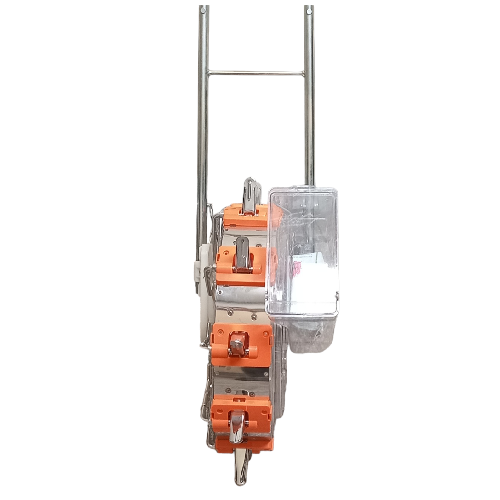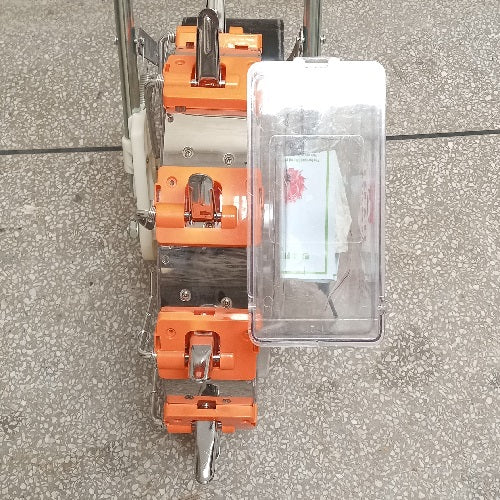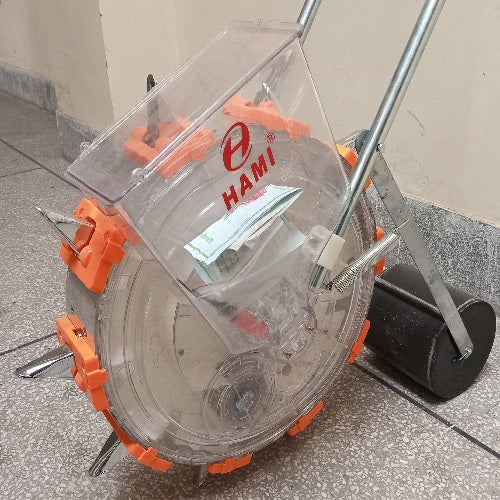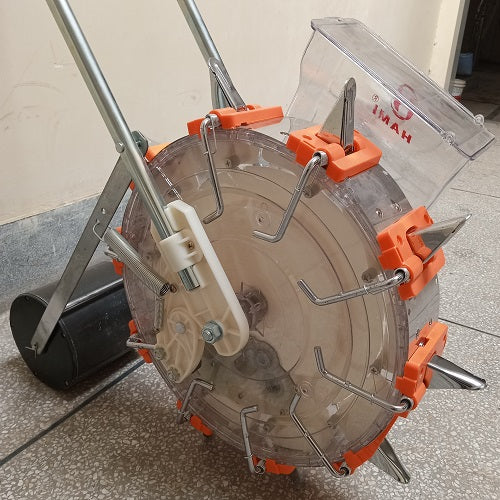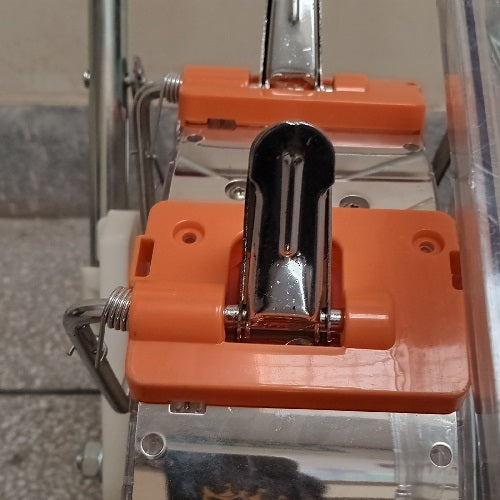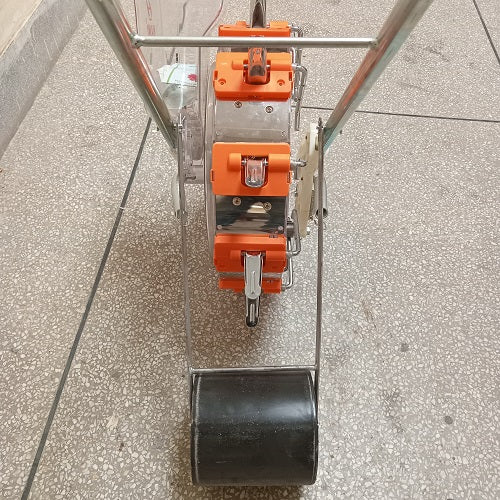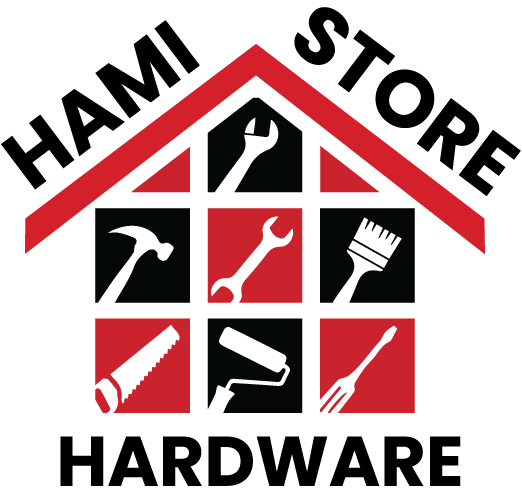Hami Hardware Store
Seeder 10 H2 W/o Handle
Seeder 10 H2 W/o Handle
Couldn't load pickup availability
A single seeder machine is a type of agricultural equipment designed for planting seeds in a single row or a narrow strip. It is typically used for small-scale planting operations or in situations where precision planting in a single row is required. This type of seeder is often manually operated and is suitable for a variety of crops, including vegetables, flowers, and even small grains. Here are some key features and components of a typical single seeder machine:
-
Seed Hopper: The seed hopper holds the seeds that are to be planted. It can be a simple container with a capacity suitable for the intended planting area.
-
Seed Metering Mechanism: A mechanism that controls the flow of seeds from the hopper to the planting point, ensuring consistent spacing between seeds.
-
Seed Placement Device: This device is responsible for placing the seeds into the soil at the desired depth and spacing. It can be a plunger, a rotating disc, or other similar mechanisms.
-
Row Marker (optional): Some single seeder machines come with a row marker to help the operator maintain a straight planting line.
-
Manual Operation: Typically, a single seeder machine is manually pushed or pulled by the operator along the planting area.
-
Frame: The frame of the machine provides stability and supports the seed hopper, metering mechanism, and planting device.
-
Simple Construction: Single seeder machines are often designed with simplicity in mind, making them easy to operate and maintain.
-
Versatility: Depending on the design and attachments, some single seeder machines can be adapted for different types of seeds or planting configurations.
Share
